Wow, we have already finished a month of school! I hope you are enjoying these posts. It has been very good for me to write them, for several reasons.
- I have to have something to write about, so I don’t get lazy.
- I take pics. I usually have to have a reason to do this. 🙂
- I think through what I am learning as a homeschool mom.
- I am slowly realizing that I am a good mom and I do have something to share.
History
I love history. My Mom loves history, so maybe it’s contagious. She made us history timeline notebooks. We traced little maps and pictures out of our history books and glued them on our timeline. We read historical fiction curled up on the couch. We discovered that history includes more than Christopher Columbus and the Civil War.
Now I am teaching history to my children. I love it. This year I decided to give my children a sweeping view of history. We are using “A Child’s History of the World” by Hillyer. For those of you who are wondering, I love it, with qualifications. I try to read a chapter ahead because there are sometimes things that I want to know in advance. For example, in ch. 13, the author gives credit to the Phoenicians for giving us our alphabet. I explained to the kids that they are one step along the path, but that our alphabet goes farther back and has its roots in the Paleo Hebrew. I actually appreciate having to do this. Why? Because it teaches discernment. I read aloud to my children and sometimes I’ll simply say, “Well, that doesn’t sound right! Who can tell me why?” I want my children to know truth and I want them to recognize lies. Since we live in a fallen world, there are no man written perfect books out there. To get information, we must have the ability to glean, and discard, and sort. I hope I am teaching my children these skills.
As you know, the theme of my blog is Torah family living. How do I teach history from a Torah perspective? Let me take you on a tour of one of our history chapters from this week and I’ll show you.
Topic: Sparta, Greece
Lycurgus wanted to make a great city. He explored other cities to see what made them great. He discovered that 1) cities of pleasure were not great and 2) hard working cities were great.
DISCUSSION Was this concept of hard work versus pleasure in keeping with Torah? Yes, we are to work hard and if we don’t work, we don’t eat.
Lycurgus set up a city of rules, very hard rules. Babies that were weak, were left on the rocks to die.
DISCUSSION Was this Torah? NO! We are to protect the weak and value life. We are to help each other with our burdens.
Sparta boys were sent to military school at age seven and never returned home.
DISCUSSION Was this Torah? NO, parents are to teach their children, not about military tactics, but about Torah. Look up Deut. 6.
Sparta boys were whipped to make them insensitive to pain.
DISCUSSION Is this Torah? No, we are encouraged to feel and express emotion. Even Yahshua wept. It is also okay to ask for help when we need it, then others can help with our burden.
Spartans worked and endured hardship without rest or reprieve. They were given poor quality everything. No luxuries were allowed.
DISCUSSION Was this Torah? No, Torah gives us time for rest and celebration in Shabbat and the Feasts. The Tabernacle was a thing of great beauty, even the manna was described as having a pleasant taste.
The Spartans were hard, worked all the time, achieved an incredible military, etc. Athens was a city of beauty, sports, art and entertainment. Which was better?
DISCUSSION Neither. One put all the emphasis on work. One put all the emphasis on pleasure. Torah gives us balance. We work for six days, and then we rest on Shabbat. We work and enjoy pleasure. Torah teaches us to keep all areas of our life in balance.
Can you see how Torah affects our view of history? Notice that our discussions were very simple. Just ask the question, “How does this compare to Torah?” I would encourage you to begin asking this question in your history class. Encourage your children to site examples from Torah to back up their answers. If Torah is being taught in your home as commanded in Deut. 6, your children will have no problem comparing what they read and hear to what is found in Torah.
Speaking of Greece, it is important to teach our children that the Greeks have greatly influenced modern society, sometimes in a good way, mostly in a bad way. Tools of the Ancient Greeks: A Kid’s Guide to the History & Science of Life in Ancient Greece (Tools of Discovery series) looks like a fun book which compares Ancient Greece with modern times. Again, don’t be afraid to look at civilizations like Greece that were not exactly holy, but always compare to Torah so your children understand why they were not holy.
What I learned this week
- Holly is great at math when she applies herself. (She got two 100% on her math this week.)
- Antarctica has active volcanoes.
- WordPress rocks!
- Baking is more fun as a team.
- Passive solar heaters really work.
- Asia has the highest and the lowest points on the planet. Do you know what they are?
How was your week?
Have a wonderful Shabbat and Yom Kippur!

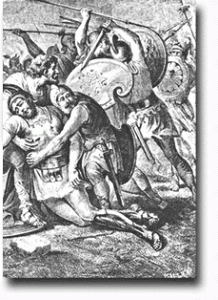


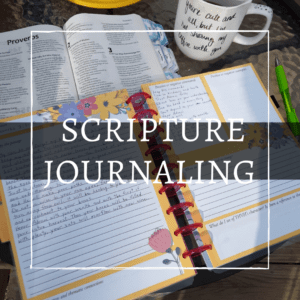
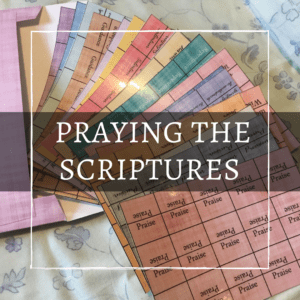
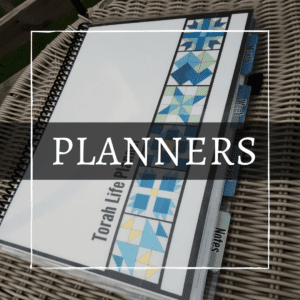




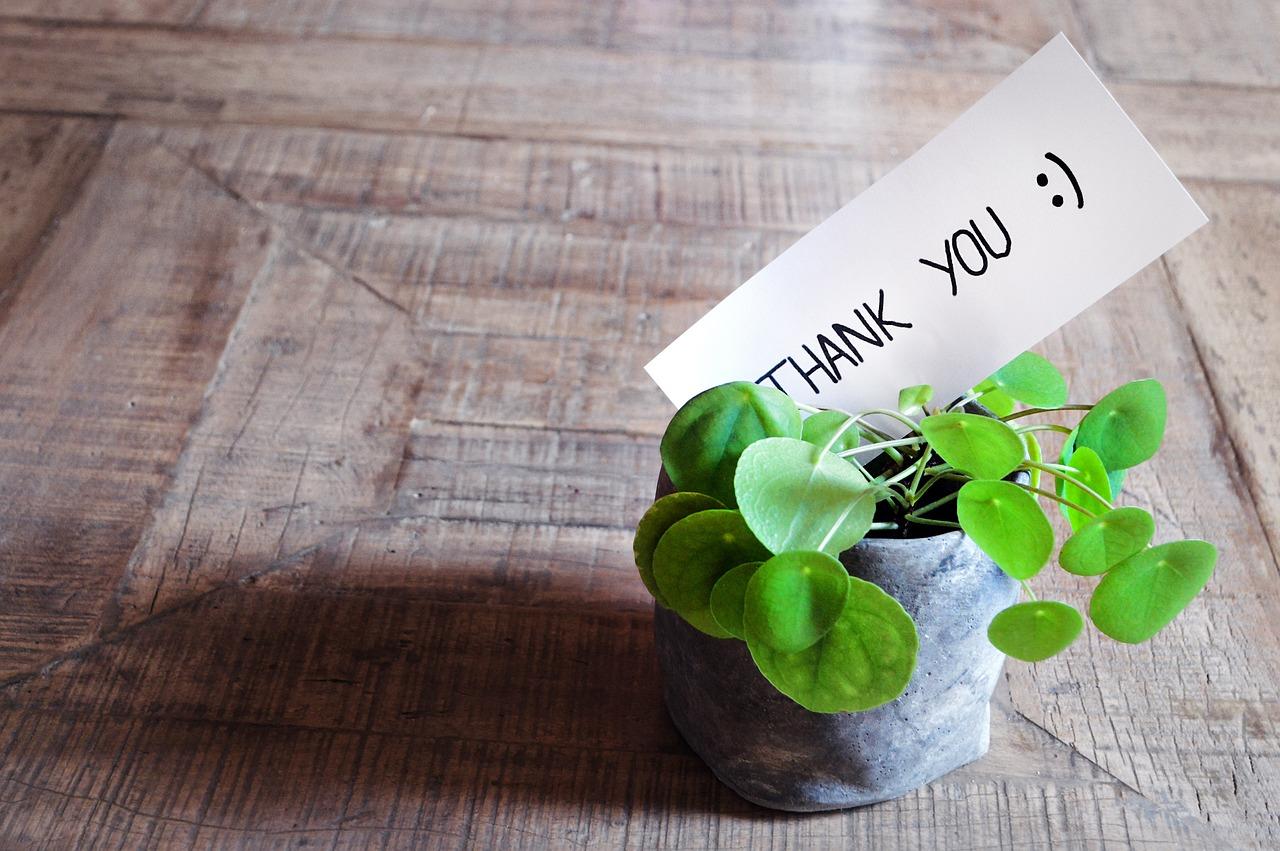
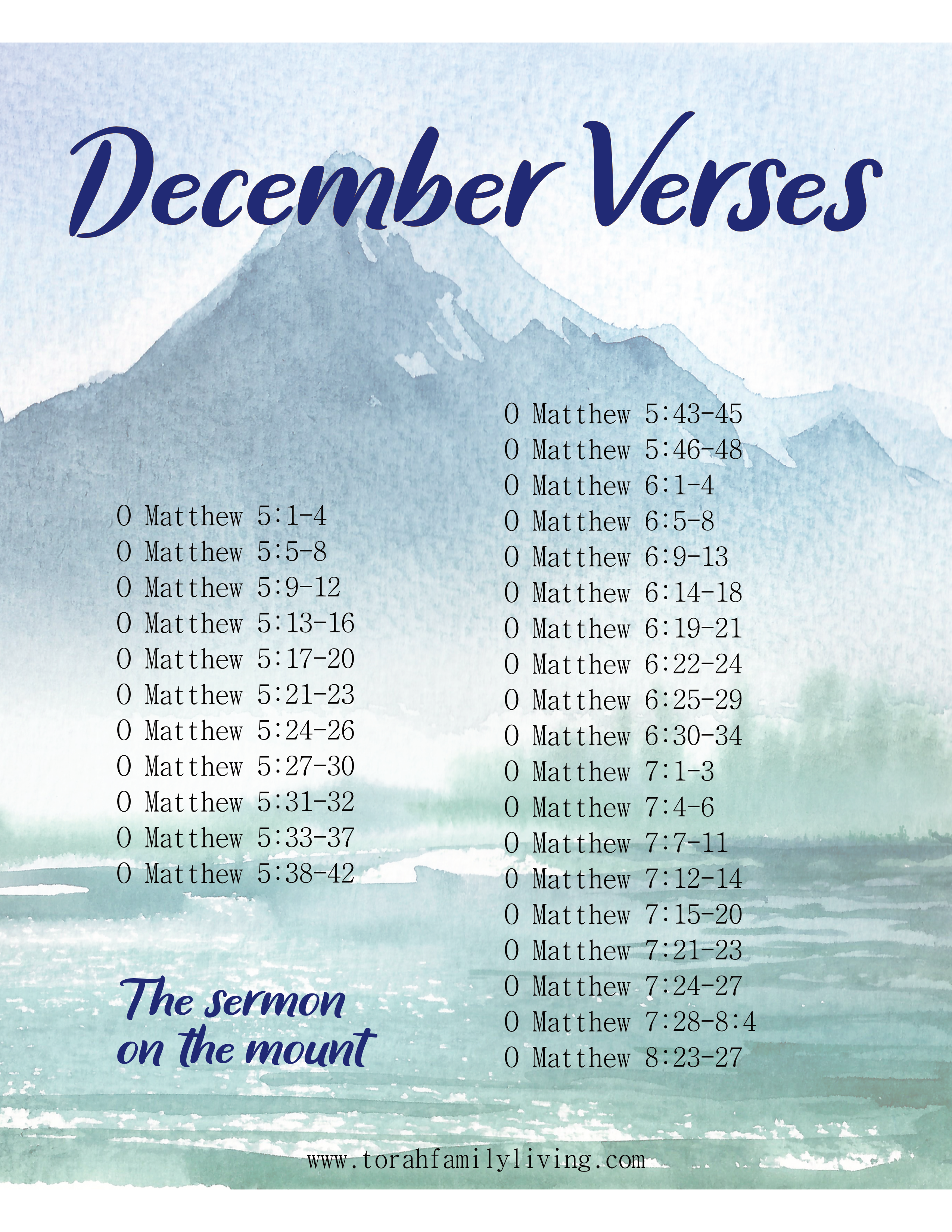
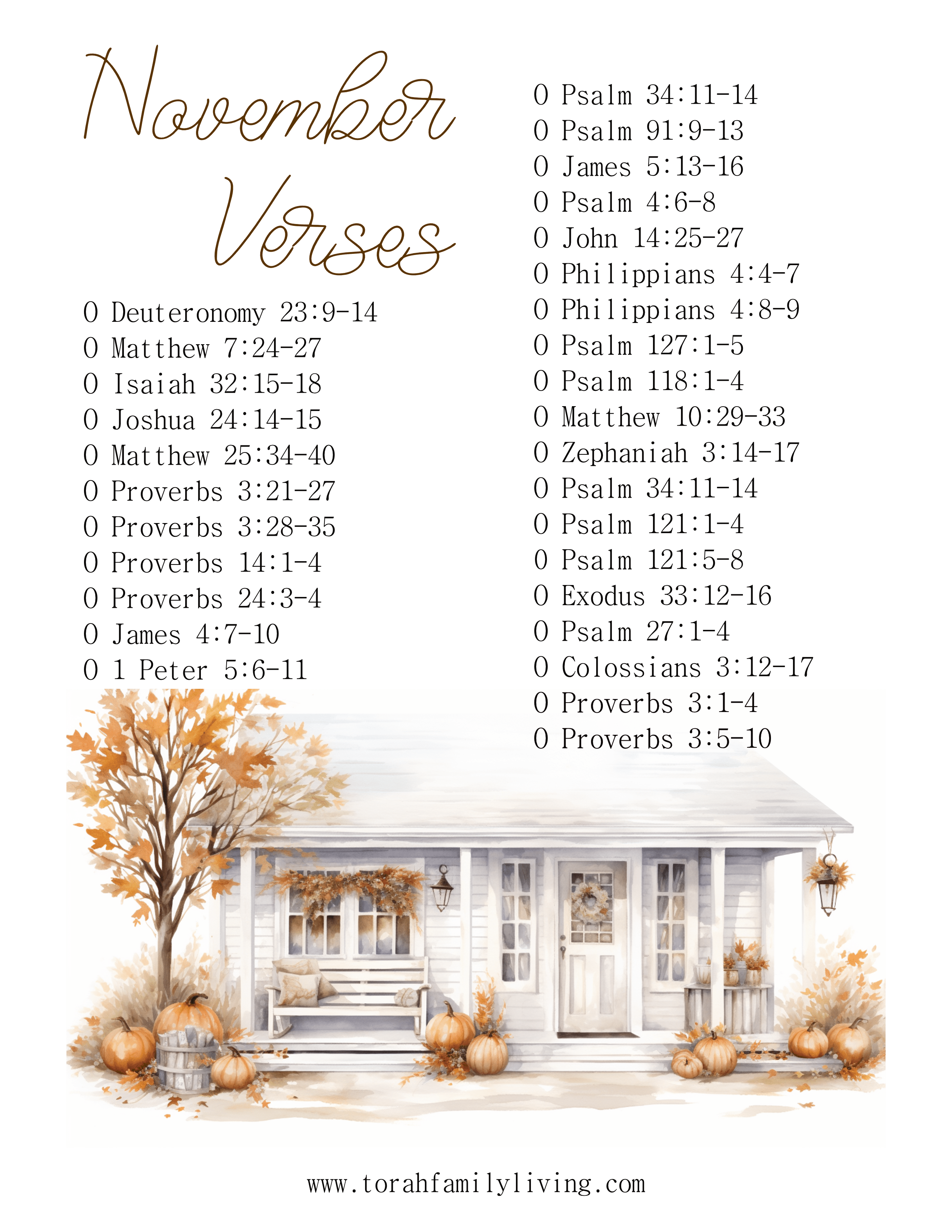
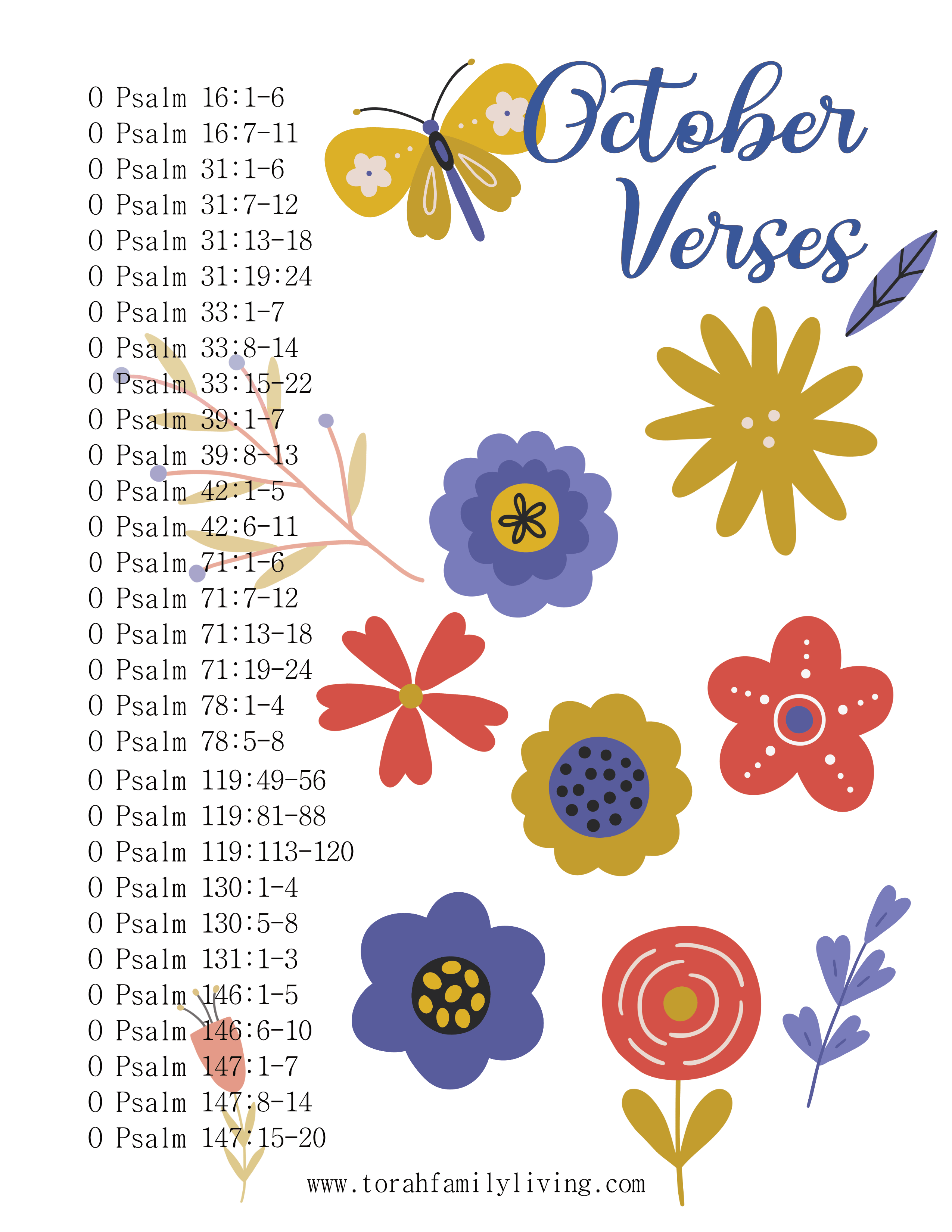

3 Responses
Wow….and yes you do have something to share…considering Word Press myself…anywho…great post!
Valuable info. Lucky me I found your website by accident, and I am shocked why this accident did not happened earlier! I bookmarked it.
Very good details on the subject, cheers. I’m eager for what some other people have to say of it.